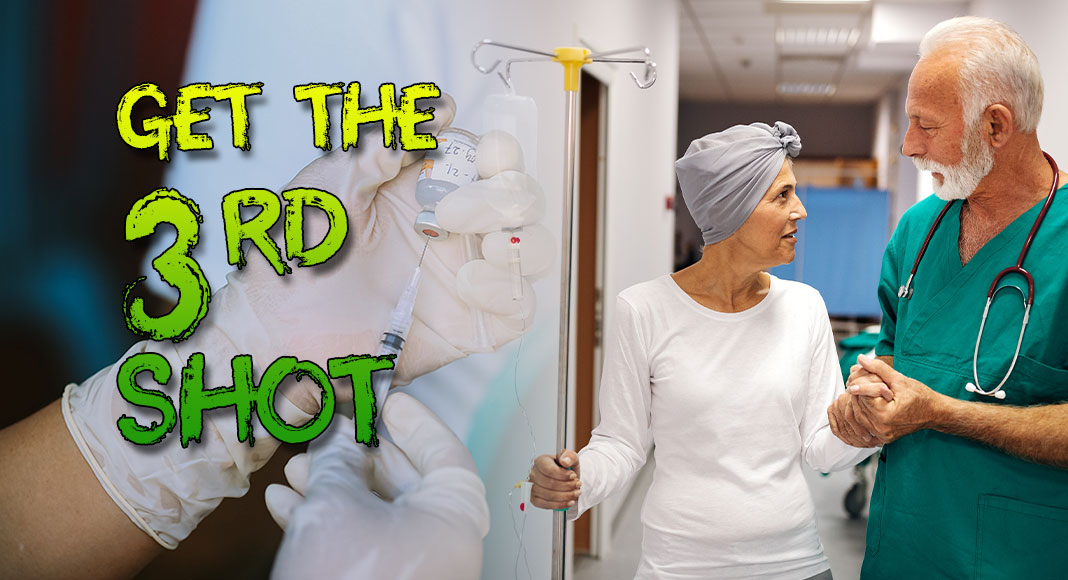
Mega Doctor News
by Mayo Clinic
Newswise — ROCHESTER, Minn. ― Mayo Clinic Cancer Center announced on Tuesday, Aug. 31, that it is following recommendations from the National Comprehensive Cancer Network that encourage cancer patients to receive a third dose of a messenger RNA COVID-19 vaccine. The Moderna and Pfizer COVID-19 vaccines are messenger RNA vaccines.
If patients were vaccinated with the Johnson & Johnson COVID-19 vaccine, no third dose is recommended at this time. The Johnson & Johnson COVID-19 vaccine is an adenovirus vaccine ― not a messenger RNA vaccine.
“The updated guidelines for cancer patients from NCCN are based on the latest data and approvals from the FDA (Food and Drug Administration) and CDC (Centers for Disease Control and Prevention) regarding administration of a third messenger RNA vaccine dose for cancer patients and immunocompromised people,” says Robert McWilliams M.D., a medical oncologist. Dr. McWilliams is chair of Mayo Clinic’s Cancer Center Practice Committee.
Here’s who should receive a third dose of a messenger RNA COVID-19 vaccine:
- Patients with new or recurring solid tumors receiving treatment within one year of their initial vaccine dose, regardless of their type of cancer therapy.
- Patients with active blood cancers, regardless of whether they receive cancer therapy.
- Patients who received a stem cell transplant or engineered cellular therapy, such as chimeric antigen receptor-T cell therapy, especially within the past two years.
- Patients who received allogeneic stem cell transplants and are on immunosuppressive therapy or transplant patients with a history of graft-versus-host disease, regardless of transplant timing.
- Patients with an additional immunosuppressive condition, such as HIV or patients being treated with immunosuppressive agents unrelated to their cancer therapy.
Review the updated vaccination guidelines for cancer patients on the National Comprehensive Cancer Network website.









